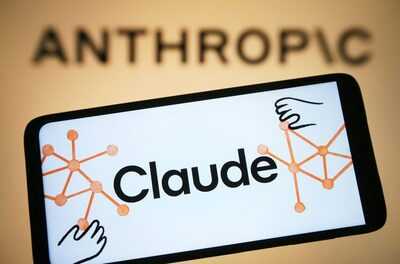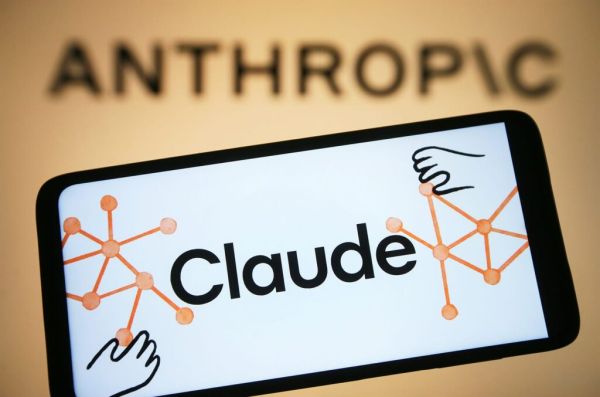

Anthropic’s Claude Takes Lead Over ChatGPT, DeepSeek with Revolutionary Hybrid Reasoning ModelAmazon-backed AI company Anthropic has made a significant breakthrough in the field of artificial intelligence with the launch of its latest language model, Claude 3.7 Sonnet. This development puts Claude in direct competition with major AI models such as OpenAI’s ChatGPT and DeepSeek, further intensifying the battle for dominance in the generative AI industry. Alongside this launch, Anthropic has also unveiled its first steps towards AI agents with a new developer tool called Claude Code, marking an expansion of its ecosystem beyond traditional chatbot capabilities.
One of the most notable advancements with Claude 3.7 Sonnet is its departure from the conventional approach of maintaining separate pre-trained and reasoning models. Instead, Anthropic has introduced an integrated reasoning model, allowing users to trigger an “extended thinking mode” by simply requesting the chatbot to think longer before responding. This innovation is designed to significantly improve performance in various domains, including mathematics, physics, following instructions, and coding. The move signifies a fundamental shift in how reasoning models operate within AI systems, offering a more seamless and user-friendly experience.
Reasoning models, which are designed to mimic human-like thinking to tackle complex problems, have been a growing trend in the AI space. OpenAI first introduced such a model with the launch of o1 in September 2024, followed by a surge of similar releases from industry giants like Google, DeepSeek, and Elon Musk’s Grok. However, unlike some of its competitors, Anthropic has optimized its reasoning model not just for mathematical and computer science applications but also for solving real-world problems, expanding its potential use cases across industries.
Anthropic has made bold claims regarding the superiority of Claude 3.7 Sonnet over rival AI models, presenting benchmark results that demonstrate its higher accuracy compared to OpenAI’s o3 Mini (High) and DeepSeek R1. However, while competing AI models such as Grok 3 Reasoning, DeepSeek R1, and o3 Mini offer free access, Claude 3.7 Sonnet’s extended reasoning mode is exclusively available to paying customers. Free-tier users will still have access to the latest pre-trained version of Claude 3.7 Sonnet but without the enhanced reasoning capabilities.
Beyond improvements in natural language processing, Anthropic has also expanded into agentic AI with the introduction of Claude Code, its first agentic offering. This command-line tool enables developers to offload extensive engineering tasks directly from their terminal. In a limited preview, Claude Code is designed to streamline the coding experience by allowing users to search and read code, edit files, write and execute tests, commit and push code to GitHub, and leverage command-line tools. The tool also ensures that developers remain in control throughout the process, fostering a more interactive and guided experience. Additionally, Anthropic has enhanced its website’s coding interface and made its GitHub extension available across all plans, providing seamless integration for developers looking to connect their repositories directly with Claude.
The launch of Claude 3.7 Sonnet and Claude Code comes at a time of heightened competition within the AI industry. Earlier this year, Chinese AI startup DeepSeek disrupted the landscape with the release of its cost-efficient and powerful DeepSeek-R1 model, which rivaled ChatGPT despite being developed with a mere $6 million investment. This stark contrast to the billions spent by American tech giants such as OpenAI and Meta sent shockwaves through Silicon Valley, prompting a reassessment of the industry’s resource-heavy strategies. The impact was further amplified by a dramatic stock market reaction, with Nvidia losing nearly $600 billion in value in a single day.
Anthropic’s latest innovations position it as a formidable player in the rapidly evolving AI sector. By integrating reasoning capabilities directly into its frontier model and venturing into agentic AI tools, the company is challenging established norms and pushing the boundaries of what AI can achieve. With increasing pressure from competitors and rising demand for more efficient and capable AI models, the industry is poised for an even more aggressive race toward technological advancement and market leadership.
The post appeared first on .